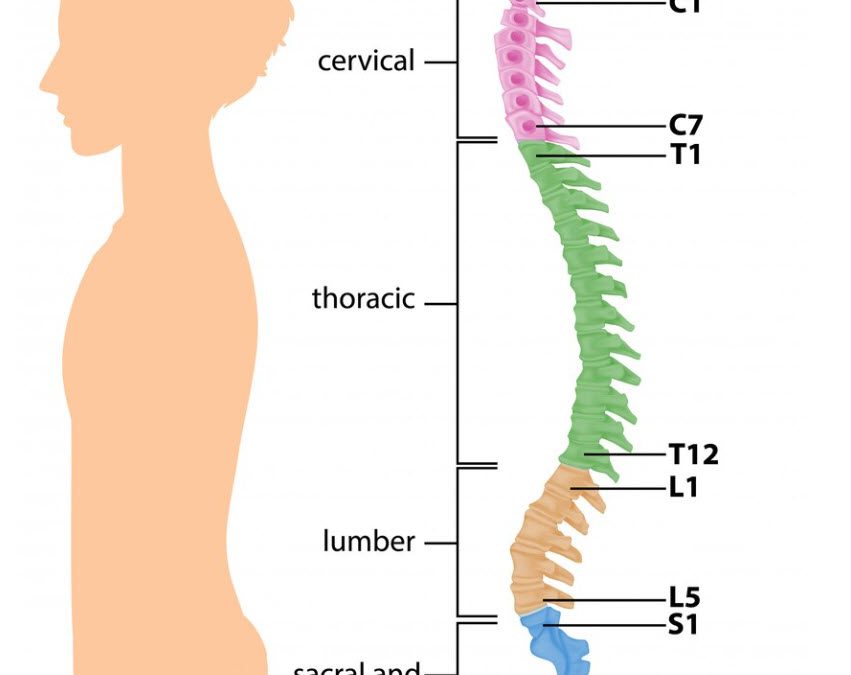Your cervical spine consists of the seven vertebrae that start at the base of your skull and go up your neck. Cervical spondylosis is the wearing down of the elements of that part of your spine, such as the bones, discs, cartilage, and ligaments of your neck. Sometimes this condition is referred to as arthritis of the neck.
You cannot avoid getting older and age is one of the greatest risks for developing cervical spondylosis. A great majority of people have this condition by age 60. Other risk factors are genetic history of cervical spondylosis, prolonged heavy lifting, neck strain over many years from looking up or down mostly due to jobs, prior neck injury, or smoking. When the elements of your spine begin to deteriorate, your cervical spine can fall victim to issues like disc degeneration, disc herniation, bone spurs, or osteoarthritis. Each of these conditions can lead to cervical spondylosis.
When people experience neck pain or stiffness, they often seek help from a qualified specialist like Dr. Charla Fischer. In addition to pain or stiffness, other symptoms of cervical spondylosis are muscle spasms, popping or grinding when you move your neck, headaches, dizziness, or a general dull ache in your neck area. However, some patients with cervical spondylosis do not experience any symptoms and are unaware they have it.
Physicians like Dr. Fischer can diagnose this problem by assessing symptoms and movement. X-rays, CT scans, and MRI tests are helpful in confirming the diagnosis. If cervical spondylosis is identified, conservative treatments will be recommended such as medications, cold and heat therapy, massage, physical therapy, or bracing. If these methods are not sufficient, another approach may be injection therapy in which steroids are injected into the affected area of the cervical spine. These injections do not cure the condition but can relieve discomfort for some period of time.
Surgery is only recommended by experienced specialists like Dr. Fischer in severe cases when nothing else has relieved the symptoms. Procedures might include spinal fusion, removing obstructions like bone spurs, or enlarging the spinal cord. Cervical spine surgery is complicated and requires a skilled surgeon. If you have symptoms consistent with cervical spondylosis, Schedule a consultation with Dr. Fischer to obtain the best treatment plan for your condition.

